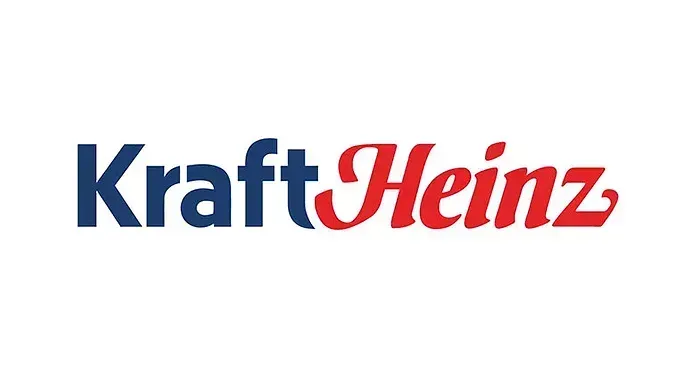What do consumers want? There’s no one answer, because there’s more than one consumer, and even if there were one answer it would always be changing. But Euromonitor International’s “Top Global Consumer Trends 2024” report suggests six key attitudes retailers and suppliers should pay attention to if they want to connect with consumers in the year ahead.
 • Ask AI — Euromonitor points to the increasing integration of AI tools into consumers’ daily lives. These tools are evolving beyond mere assistants, becoming co-creators that influence decisions and reshape expectations in brand engagement. The report recommends that businesses embrace generative AI to enhance personalization, recognizing the potential to improve overall customer experience.
• Ask AI — Euromonitor points to the increasing integration of AI tools into consumers’ daily lives. These tools are evolving beyond mere assistants, becoming co-creators that influence decisions and reshape expectations in brand engagement. The report recommends that businesses embrace generative AI to enhance personalization, recognizing the potential to improve overall customer experience.
• Delightful Distractions — Consumers are showing a willingness to allow brands to track their emotions, facilitating a more personalized experience. Approximately 29% of consumers express comfort with this level of data utilization. This trend emphasizes the delicate balance between delivering tailored experiences and respecting privacy boundaries.
• Greenwashed Out — While consumers express a commitment to sustainable living, skepticism prevails regarding the efficacy of companies’ environmental efforts. The report suggests consumers are seeking tangible proof of eco-friendly pledges, challenging organizations to substantiate their claims and demonstrate meaningful impacts.
• Progressively Polarized — Personal identities are increasingly intertwined with political and social ideologies, influencing consumer perspectives, values and attitudes. Brands are urged to acknowledge and align with these belief systems, as social responsibility, political affiliation and sustainability initiatives play pivotal roles in motivating consumer spending.
• Value Hackers — In response to the ongoing cost-of-living crisis, consumers are adjusting their financial mindsets. The report reveals that 44% of consumers planned to save more money in 2023, employing resourceful strategies to secure optimal deals. This shift emphasizes the need for businesses to adapt and provide value in an economically challenging landscape.
• Wellness Pragmatists — Consumers seek expedient and effective solutions for both physical and mental well-being. Demonstrated efficacy holds significant weight in purchasing decisions, emphasizing the pragmatic approach consumers are adopting in their pursuit of wellness.
The report notes that consumer attitudes can be complicated, which means aligning one’s business and marketing message to what consumers want is no easy task.
When it comes to AI assistants, for example, Euromonitor found that more than 40% of consumers say they would be comfortable with having voice assistants offer personalized recommendations. But less than 20% felt the same way about having bots answer complex customer service questions.
“Consumer preferences are closely linked to the sustainability agenda, technological progress and the impact of sociopolitical issues,” says Alison Angus, head of innovation at Euromonitor International. Companies should handle sensitive subjects with caution while staying true to their brand’s core values.”
So it’s complicated.





